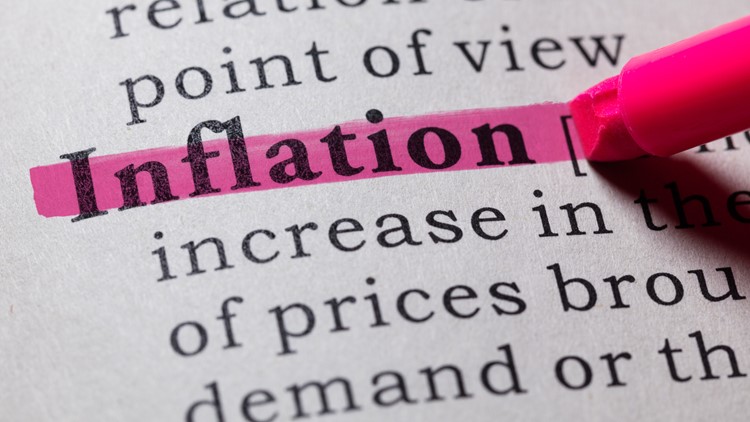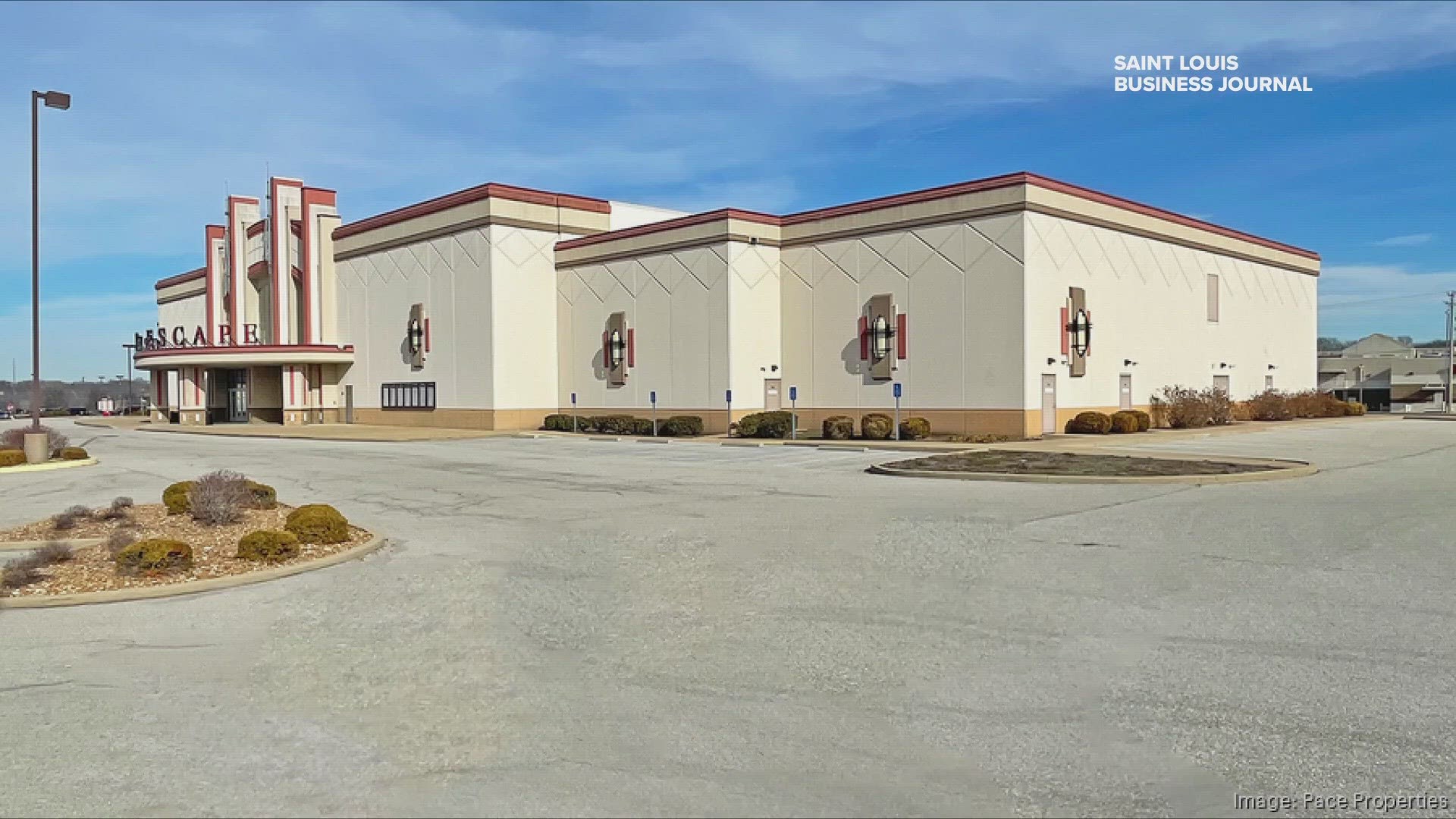ST. LOUIS — What’s a good price these days?
With the annual inflation rate reaching its highest level since the early 1980s, it’s hard for consumers to know.
As The Wall Street Journal reported recently, researchers on consumer psychology say the definition of cheap or expensive has changed.
“There’s no going back to the way things were,” Scott Rick, associate professor of marketing at the University of Michigan, told the Journal. “You have to update and roll with it.”
Before we do so, how did we get here and where are we likely going?
Fernando Martin, an economist and assistant vice president at the Federal Reserve Bank of St. Louis, has some answers.
For starters, the expectation is for inflation to remain high for some time, Martin wrote in a recent blog post.
One way to measure inflation is by tracking the personal consumption expenditure price index. By that yardstick, inflation in food prices increased annually by 0.2% from 2016 to 2019.
The annualized inflation rate increased by 3.9% in 2020, 5.7% in 2021 and 5.6% in what Martin refers to as the Covid-19 period — since March 2020.
Inflation in energy prices is much higher on a percentage basis except for 2020 – 4% from 2016-2019, a decline of 7.7% in 2020, 29% in 2021 and 13.2% during the Covid-19 period.
With the Russia-Ukraine war causing economic disruptions, consumers can expect both food and energy prices to contribute significantly to overall inflation in the coming months, Martin wrote. Inflation in housing started accelerating towards the end of last year and also is expected to increase further.
How did we arrive at this point?
Martin wrote that supply chain disruptions caused by the pandemic collided with a major shift in habits, such as eating at home instead of at a restaurant and watching a movie at home instead of at a theater.
Click here to read the full story on the St. Louis Business Journal.



